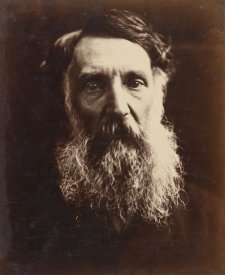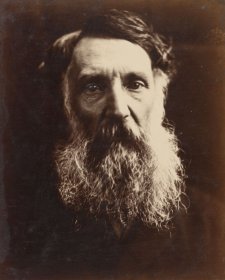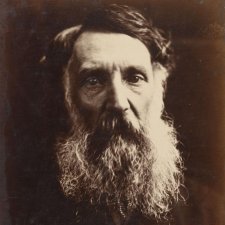Edward John Eyre (1815-1901), explorer and administrator, emigrated to New South Wales from England when he was seventeen. Settling in Adelaide after pioneering expeditions with sheep and cattle, he made several attempts to find an overland stock route from the city to the west. In January 1840 he learned that a committee was organising an expedition to find a way west. Eyre persuaded them to refocus the expedition on the north, agreeing to pay for half of this bid to 'discover the inland of Australia'. Many gruelling months into the trip, one of his party was murdered, and the rest disappeared. Eyre and his Aboriginal colleague, Wylie, staggered into Albany more than a year after they had set out. In 1844, after having served as Protector of Aborigines in South Australia, Eyre sailed home. In 1865, his career ended contentiously in Jamaica, where he violently quelled what he saw as an incipient rebellion. Returning to England, he found the intelligentsia divided on his actions; court proceedings were three times brought against him, but dismissed. In the early 1870s, the government paid all his legal costs and awarded him a governor's pension; he lived in seclusion near Tavistock, Devon, for the rest of his life.
Collection: National Portrait Gallery
Purchased with funds provided by Karen McLeod Adair and Anthony Adair 2003
Anthony and Karen Adair (2 portraits supported)



On one level The Companion talks about the most famous and frontline Australians, but on another it tells us about ourselves.



The National Portrait Gallery's acquisition of the portrait of Edward John Eyre by pioneering English photographer Julia Margaret Cameron.



Visit us, learn with us, support us or work with us! Here’s a range of information about planning your visit, our history and more!